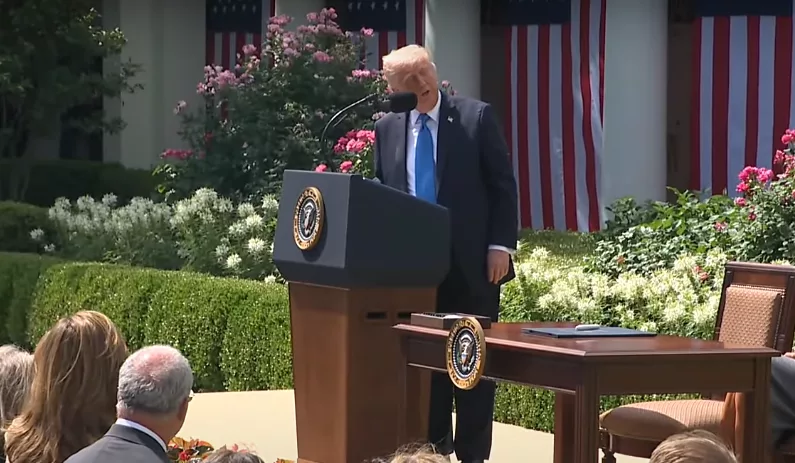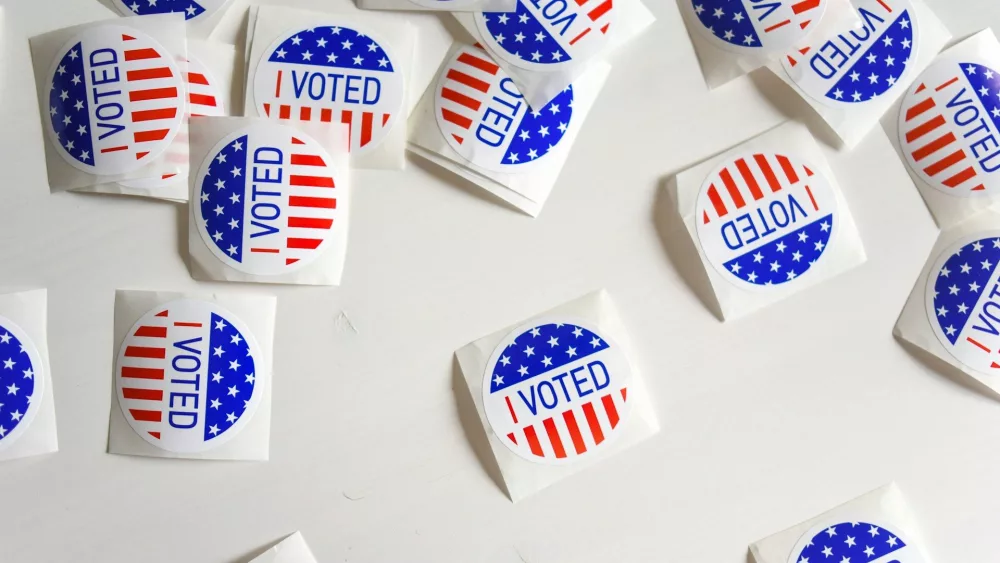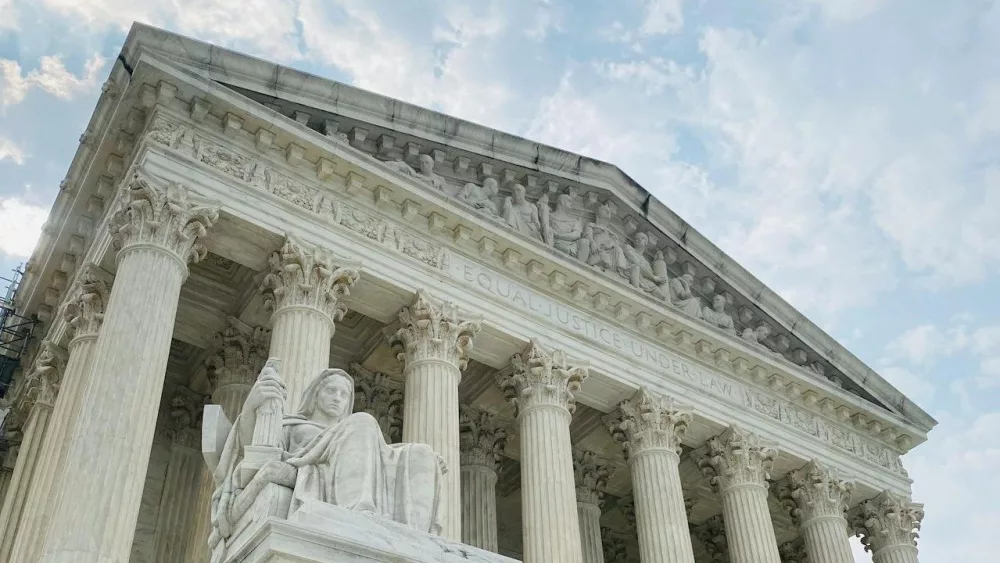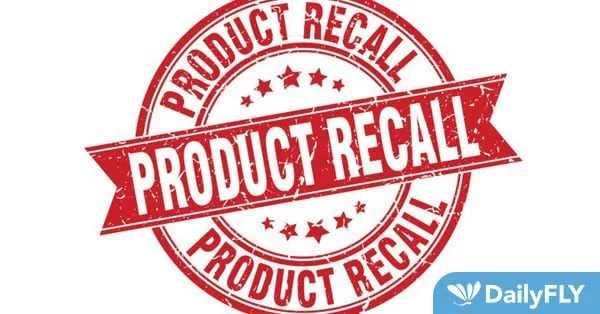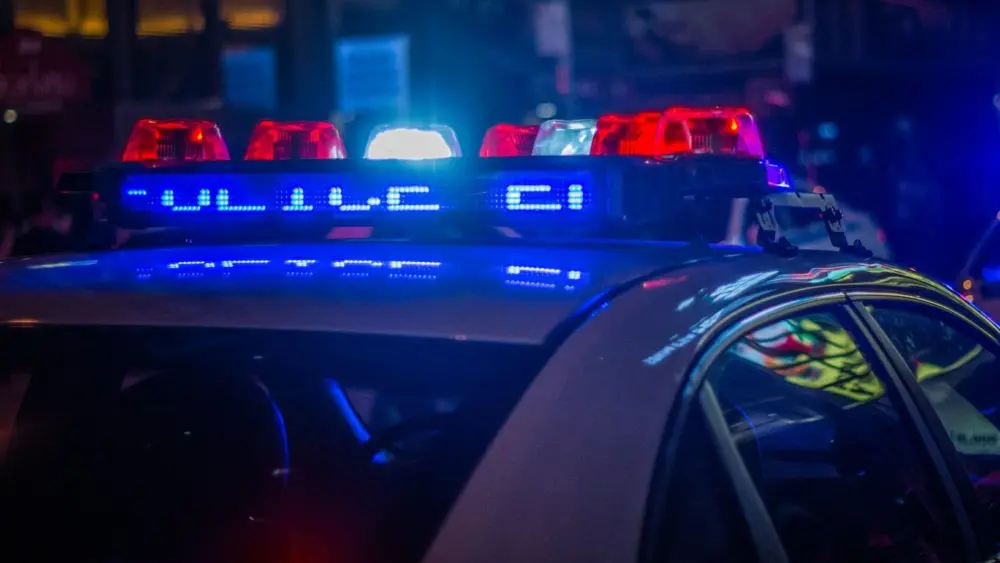WASHINGTON, D.C. – Members of Congress and others gathered in the White House Rose Garden Monday for President Donald Trump’s ceremonial signing of first-of-its-kind federal legislation to criminalize “revenge porn,” or the sharing of nonconsensual explicit images online.
First Lady Melania Trump actively advocated for the bill – which received near-unanimous support in Congress – as part of her Be Best initiative, a public awareness campaign focusing on the well-being, online safety and opioid abuse prevention for children. Trump largely credited her with the legislation’s passage.
“America’s blessed to have such a dedicated and compassionate first lady. I will tell you she is very dedicated,” Trump said. “Our first lady made stopping these abuses a top priority, and she was given tremendous support.”
The legislation requires the online platform where a nonconsensual image is posted – whether the image is real or created through the use of artificial intelligence – to take down the images within 48 hours. Almost all states have laws that make posting such material a crime, but they vary widely in definitions and penalties. The Take It Down Act empowers federal prosecutors to pursue criminal charges against anyone who publishes explicit, nonconsensual imagery online. Perpetrators can face up to three years in prison under the law, and online platforms can face civil penalties for not promptly taking images down.
The president also acknowledged several present for the signing whose lives had been disrupted when they were the subject of “deepfakes.” One young man whose family attended the signing took his own life when he was targeted by an “internet extortion scam,” according to the president.
“We will not tolerate online sexual exploitation,” Trump said.
Denise Buchanan, part of the team at the Brave Movement, an advocacy group working for policies that help to end childhood sexual violence, was excited that the bill was becoming law and receiving national attention.
“This is the first of many, I’m hoping, that will actually be a policy initiative to end online sexual abuse because, believe it or not, the online platform – people really don’t know the depths and breadths of the effect it has on children,” Buchanan told The Center Square.
“This is a significant first step at least creating awareness of what’s possible and then we can actually start working on the greater policies.”

